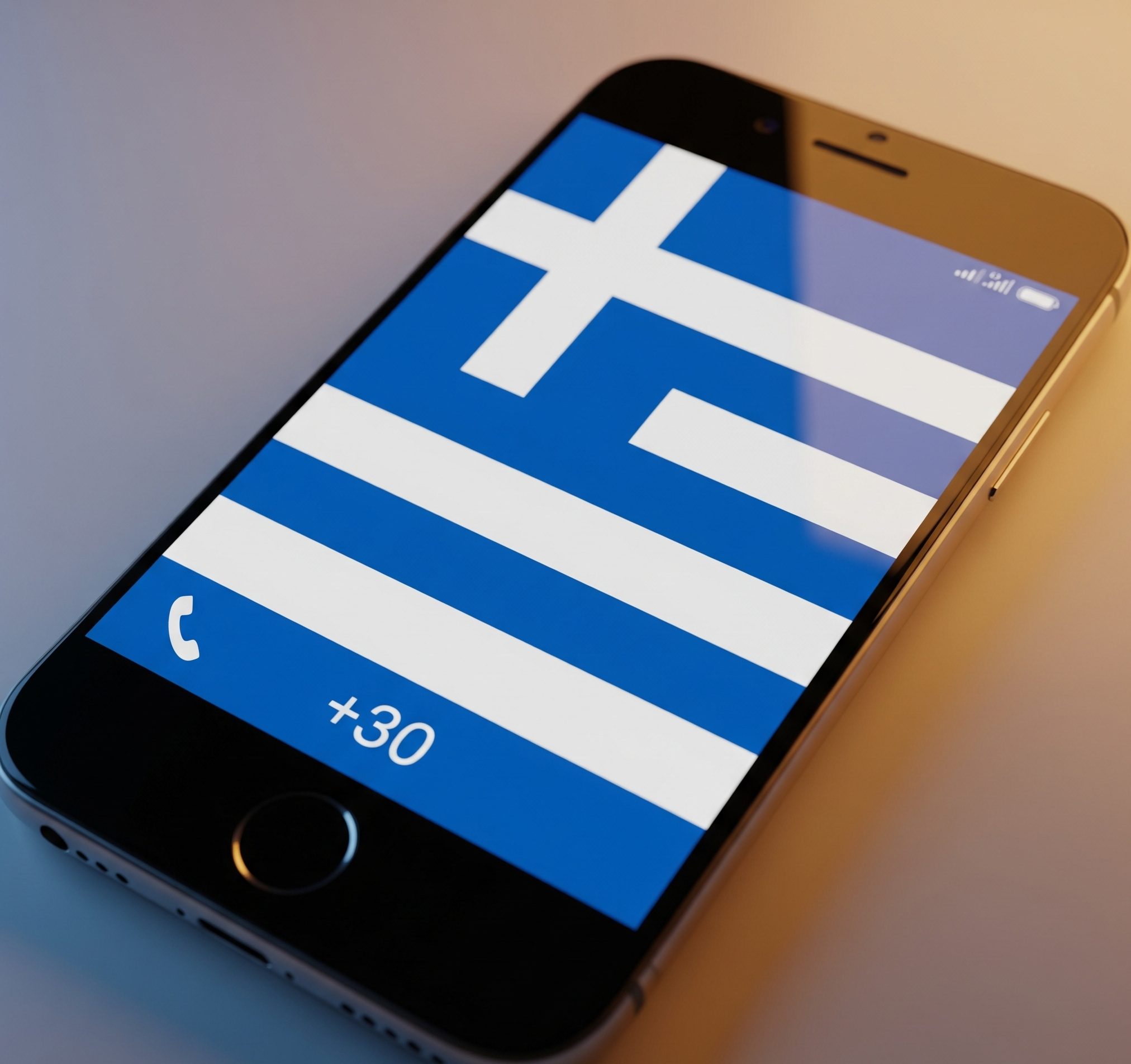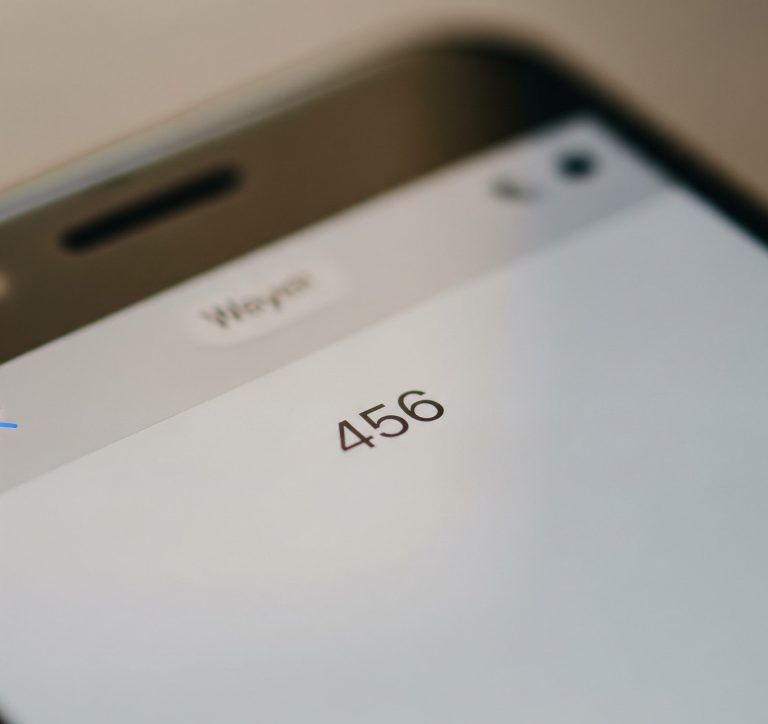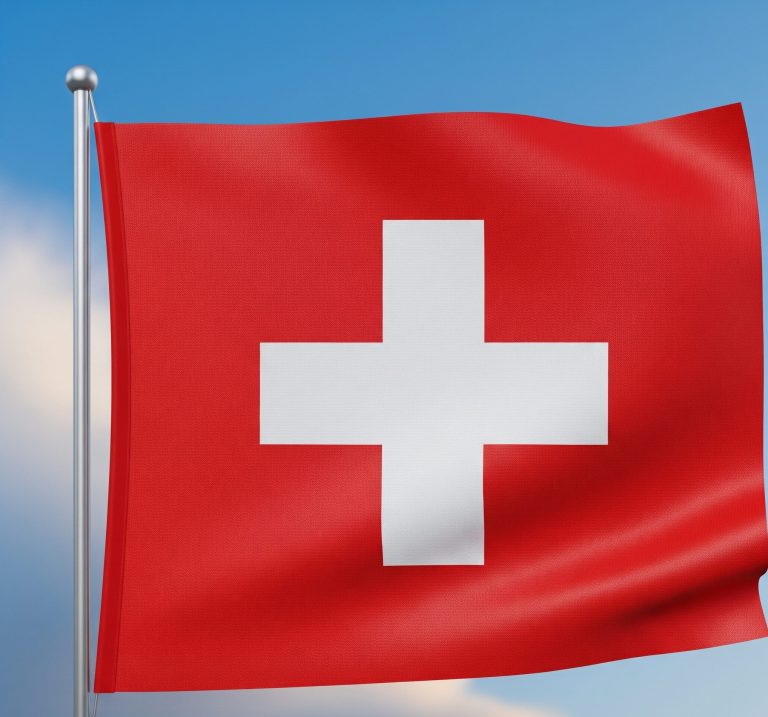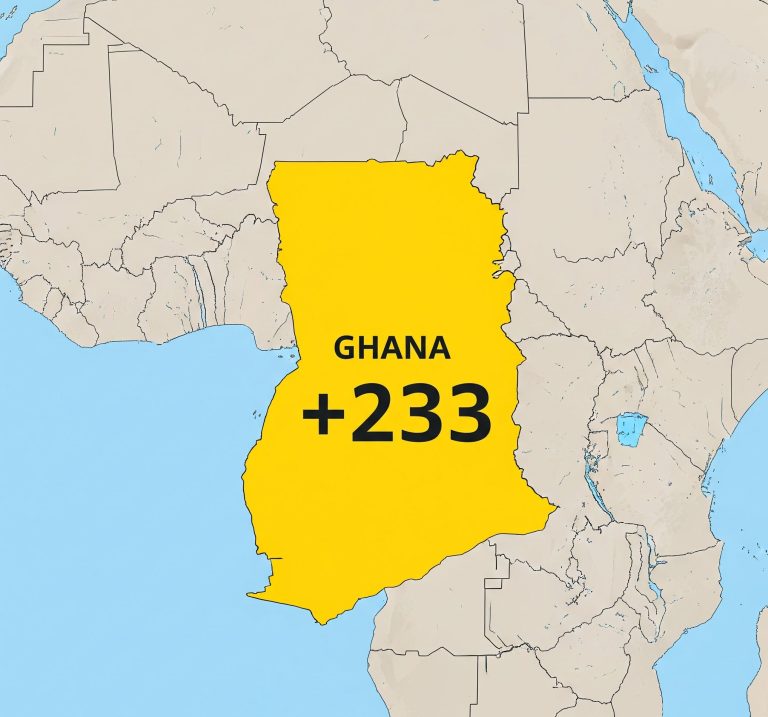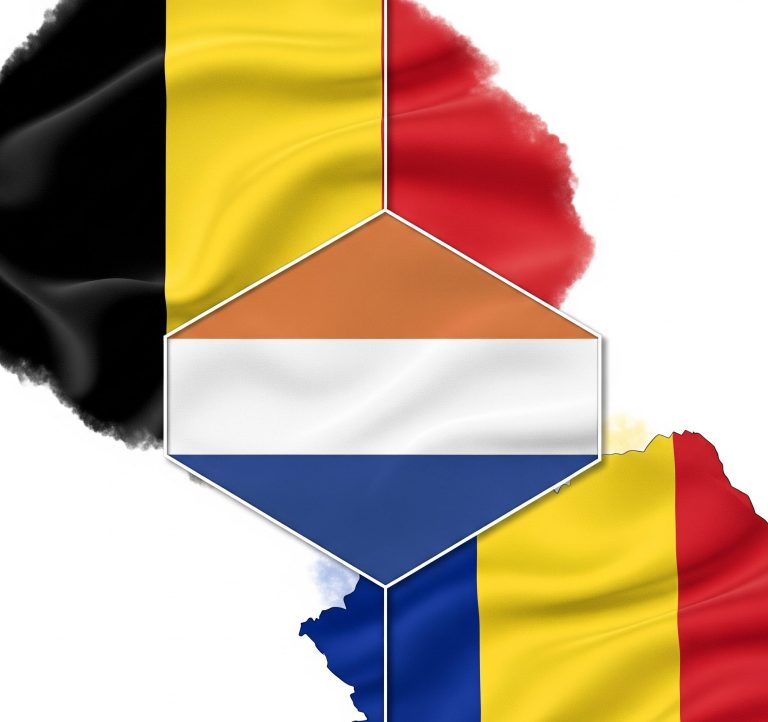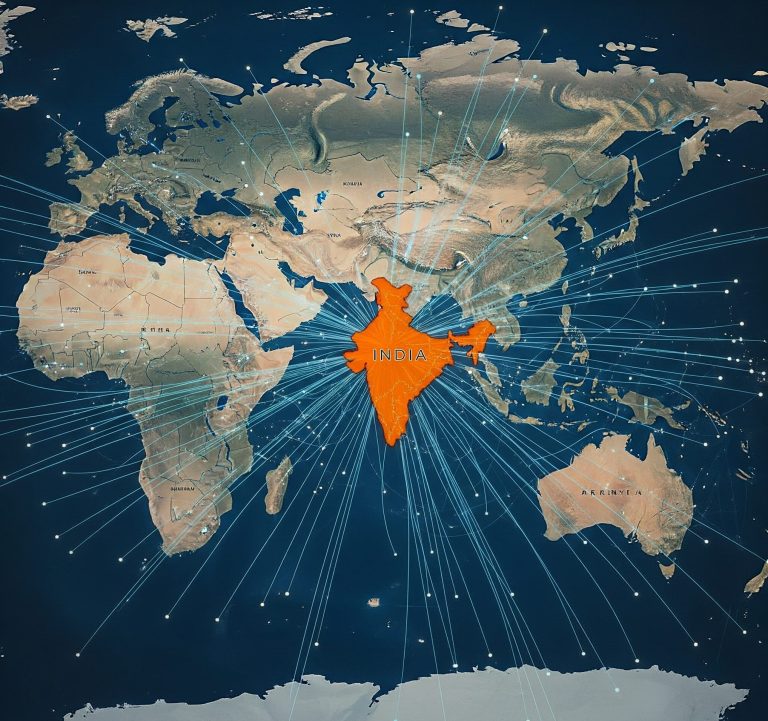In our increasingly interconnected world, staying in touch with friends, family, or business associates across borders is more common than ever. For Americans, navigating the complexities of international dialing can sometimes seem daunting, but with a clear understanding of country codes and dialing procedures, it’s a straightforward process. This article aims to demystify international calls, with a special focus on the 30 country code, which connects you to the beautiful nation of Greece.
Contents
The Anatomy of an International Call
Before diving into specific country codes, let’s break down the essential components of any international call placed from the United States:
- The U.S. Exit Code: This is the first sequence of numbers you dial to indicate that your call is leaving the U.S. The standard exit code for the United States is 011. Think of it as telling your phone carrier, “I’m making an international call.”
- The Country Code: Every country has a unique numerical identifier. This code directs your call to the specific nation you wish to reach. For instance, the U.S. and Canada share the country code +1, while the United Kingdom uses +44.
- The Area or City Code (if applicable): Once you’ve reached the correct country, you might need to specify a particular region or city within that country using an area or city code. These vary in length and presence depending on the country and its numbering plan.
- The Local Number: Finally, you dial the individual phone number of the person or business you’re trying to reach.
Demystifying the 30 Country Code: Calling Greece
Let’s put this into practice with the 30 country code, which belongs to Greece. If you’re looking to connect with someone in Athens, Thessaloniki, or any other part of Greece, here’s how you’ll typically dial from the U.S.:
011 + 30 + Greek Area Code + Local Number
For example, to call a landline in Athens, which has an area code of 21, and a local number of 1234567, you would dial:
011-30-21-1234567
It’s crucial to remember that Greek phone numbers, including the area code, are generally 10 digits long. Mobile numbers in Greece typically start with 69, followed by 8 digits.
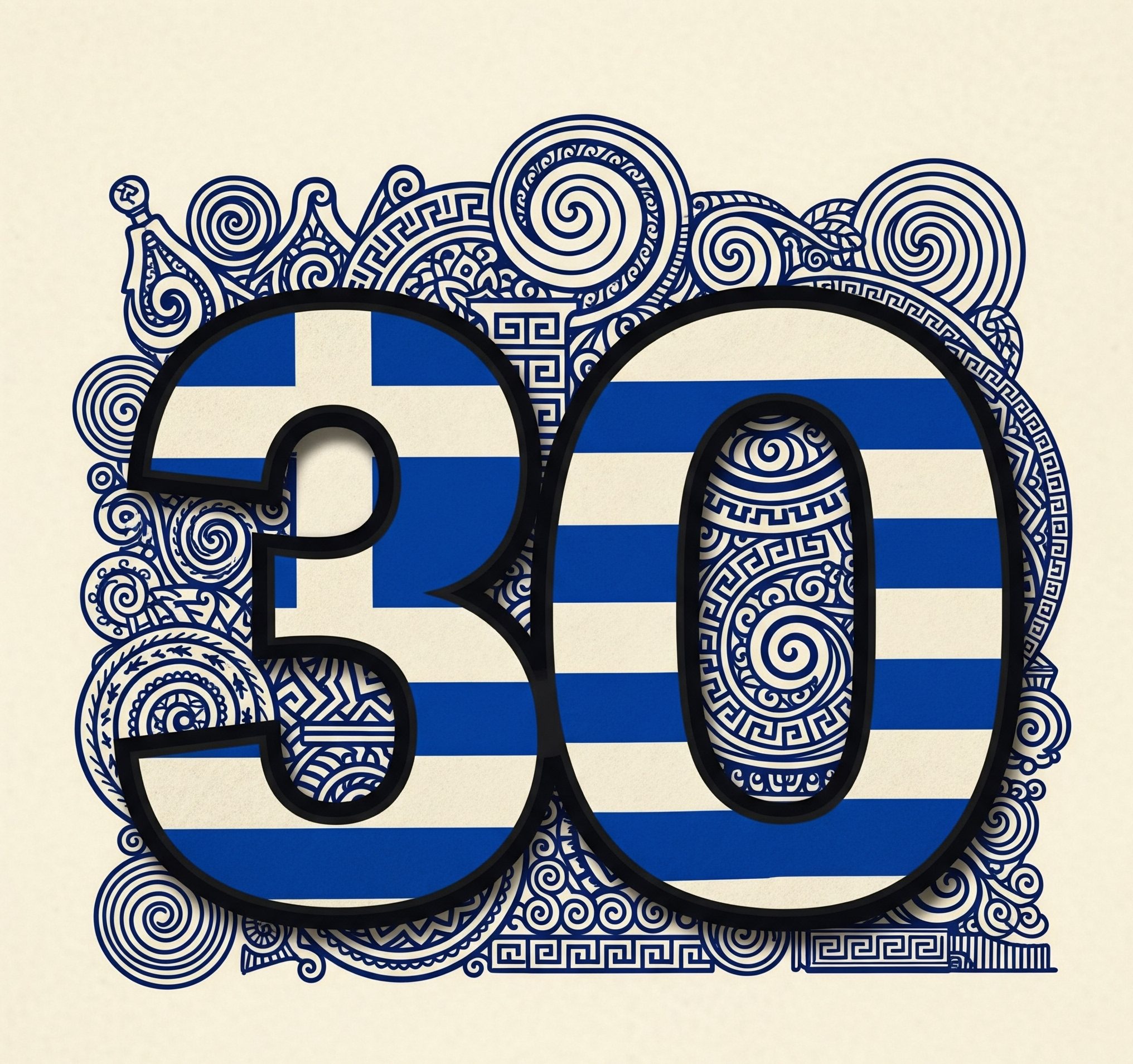
Common Pitfalls to Avoid When Dialing Internationally
Even with a clear guide, mistakes can happen. Here are some common errors Americans make when dialing internationally and how to avoid them:
Forgetting the Exit Code
This is perhaps the most frequent mistake. Without dialing “011” first from the U.S., your call will simply not connect internationally. Your phone system won’t know you intend to dial outside the country.
Confusing Country Codes with Area Codes
It’s easy to mix up these two, especially if you’re accustomed to domestic dialing where area codes are the primary regional identifier. Always remember that the country code comes after the exit code and before any in-country area codes. The 30 country code is for the entire nation of Greece, not just a specific city within it.
Including “Trunk” Prefixes
Some countries use a “trunk” prefix (often a “0”) for domestic long-distance calls. This “0” should almost always be omitted when making an international call. For example, if a Greek domestic number is listed as 021-1234567, you would drop the leading ‘0’ when calling internationally, using just 30-21-1234567 after your exit code.
Ignoring Time Zone Differences
This isn’t a dialing error, but it’s a common oversight that can lead to frustratingly missed connections or ill-timed calls. Always check the time difference between your location in the U.S. and the destination country before dialing. Greece, for example, is typically 7 hours ahead of Eastern Time (ET) in the U.S. during standard time, and the difference can vary with daylight saving adjustments. A quick online search for “time in Greece” will give you the current local time.
Not Verifying Phone Number Formats
Phone number lengths and formats can vary significantly from one country to another. What works for a U.S. number won’t necessarily apply elsewhere. If you’re unsure about the exact format of a foreign number, a quick double-check with the recipient or an online resource can save you a failed call.
Beyond Dialing: Cost and Alternatives
International calls can sometimes incur higher charges than domestic calls. Before making frequent international calls, especially to numbers with the 30 country code or any other international destination, consider these options:
- International Calling Plans: Many mobile carriers and landline providers offer international calling plans or add-ons that can significantly reduce per-minute rates or provide unlimited international minutes for a flat monthly fee.
- Voice over Internet Protocol (VoIP) Services: Services like Skype, WhatsApp, Google Voice, and Zoom allow you to make calls over the internet, often for free or at very low rates, especially if both parties are using the same app. These services generally bypass the need for traditional dialing codes once connected, but you still need an internet connection.
- Prepaid Calling Cards: These can be a cost-effective option, offering fixed rates for international calls. You typically dial an access number, then follow prompts to enter the international number.
Staying Connected
Mastering international dialing, including understanding country codes like the 30 country code, is a valuable skill in today’s globalized world. By remembering the U.S. exit code (011), the correct country code, and being mindful of local number formats and time zones, you can confidently connect with anyone, anywhere. So go ahead, dial that number, and extend your reach across the globe!

